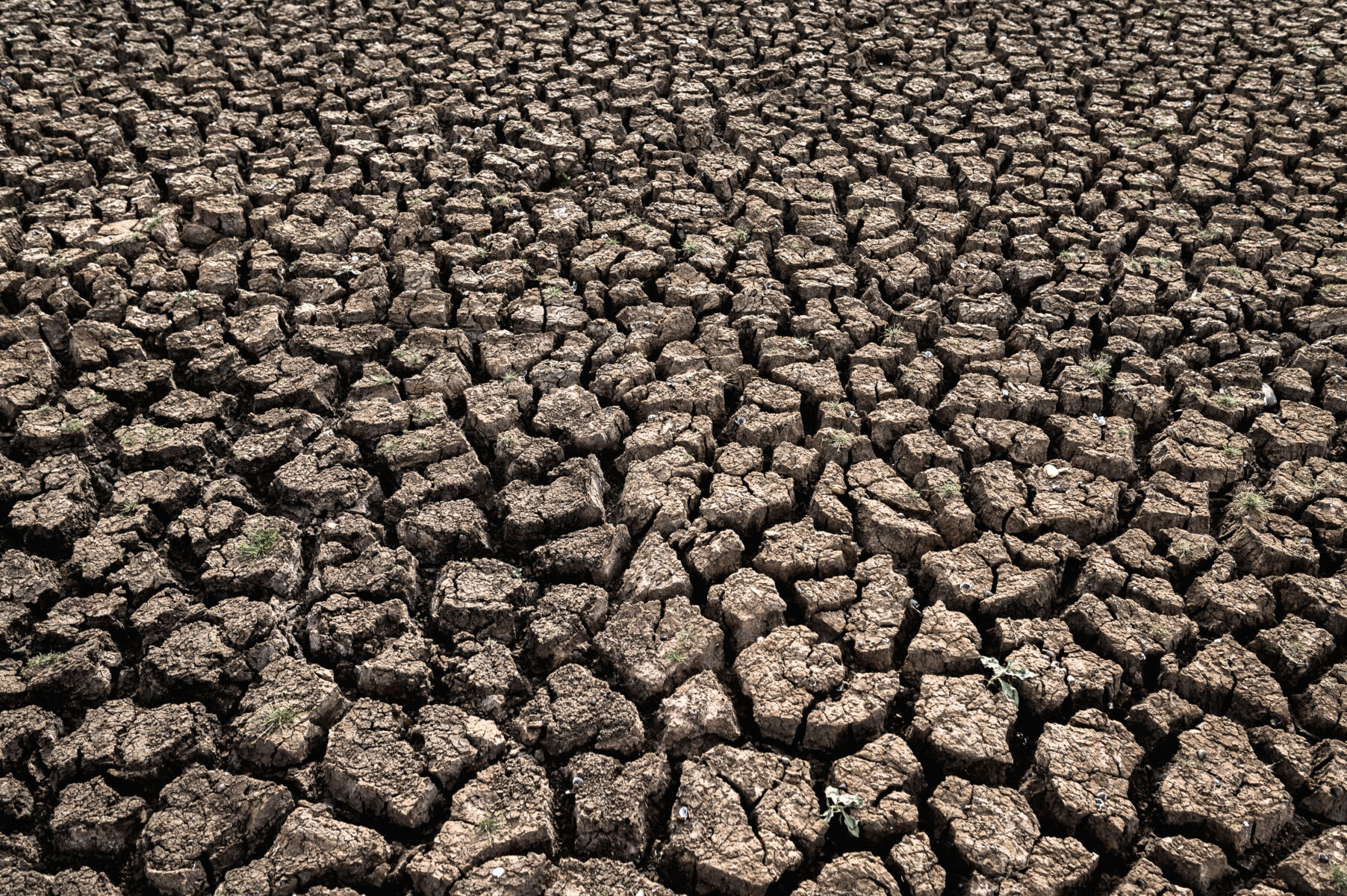El Niño threatens Thai agriculture with 5% rainfall drop and water shortages

The El Niño weather pattern’s impact on Thailand is becoming more apparent, with hot and dry conditions persisting despite the rainy season’s official commencement on May 22. The Meteorological Department has announced that this year’s total rainfall will be approximately 5% lower than the annual average, leading to potential water shortages and prolonged dry spells.
The El Niño phenomenon, which could continue until February 2024, is expected to peak in August and September. Heavy rain and flash floods may be triggered by one or two tropical storms moving across Thailand’s northern and northeastern regions.
Nipon Puapongsakorn, a distinguished fellow at the Thailand Development Research Institute, highlighted concerns regarding the agricultural sector, particularly the durian crop, which requires significant water during its four-month growth period. Water shortages could lead to conflicts between agricultural, industrial, and service sectors, she told Bangkok Post.
Visit Limlurcha, vice-chairman of the Thai Chamber of Commerce, stated that El Niño may cause a widespread drought in Asia and Thailand, predominantly affecting agricultural areas. This could result in reduced crop yields, increased raw material prices, and a negative impact on the country’s income, exports, and economy.
Chookiat Ophaswongse, honorary president of the Thai Rice Exporters Association, said it is too early to assess the potential impact of El Niño on rice production, as it depends on rainfall levels from July to September. However, Thailand’s export rivals, such as Vietnam, Cambodia, and Myanmar, are also expected to be affected.
The Joint Standing Committee on Commerce, Industry and Banking (JSCCIB) has proposed measures to address drought and water management, emphasising the need for adequate water supply for agricultural production and exports. The JSCCIB also stressed the importance of accelerating negotiations to open new markets and elevate the industry supply line to tackle challenges arising from the El Niño phenomenon.
The caretaker government is monitoring water management progress and directing relevant agencies to prepare for the impacts of the El Niño phenomenon, according to government spokesman Anucha Burapachaisri. The Office of the National Water Resources is developing integrated water management plans and improving infrastructure to enhance water drainage efficiency.
Latest Thailand News
Follow The Thaiger on Google News:


























